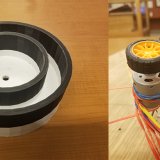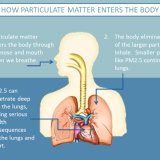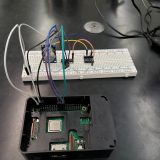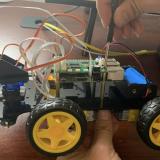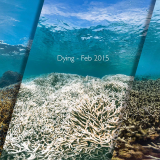Study finds hidden conflict in mutually beneficial relationship between legumes and rhizobia New research from Dr. Kenjiro Quides, a Postdoctoral Teaching and Research Fellow in the Grand Challenges Initiative
The mutually beneficial relationship between legumes and rhizobia, the nitrogen-fixing soil bacteria that make their home in legume root nodules and create nutrient-rich fertilizer for them, is one of the most well-known and agronomically important examples of symbiosis. New research from Dr. Kenjiro Quides, a Postdoctoral Teaching and Research Fellow in the Grand Challenges Initiative

